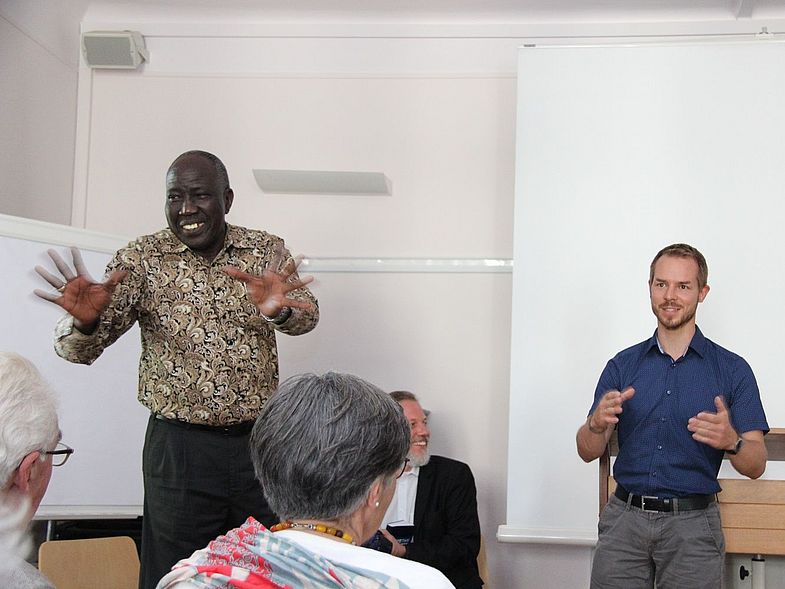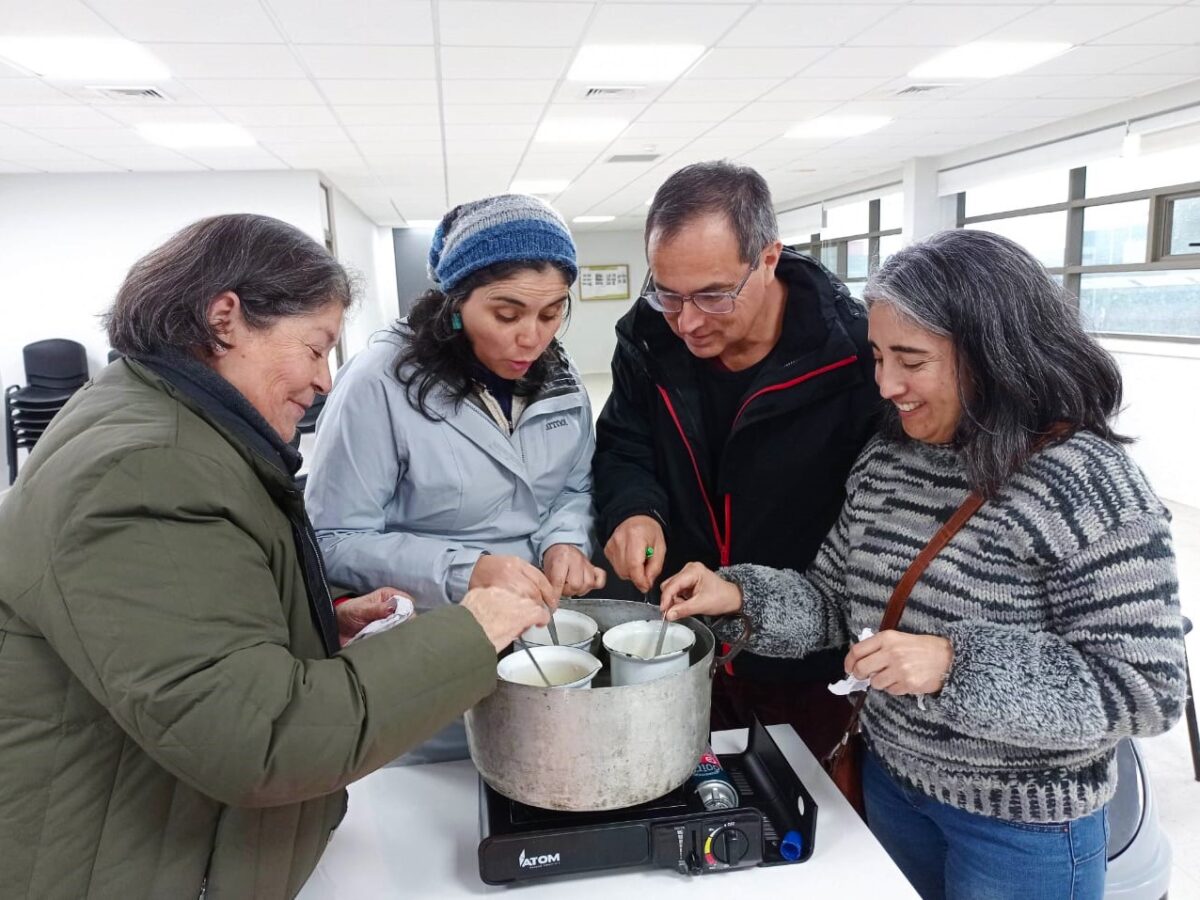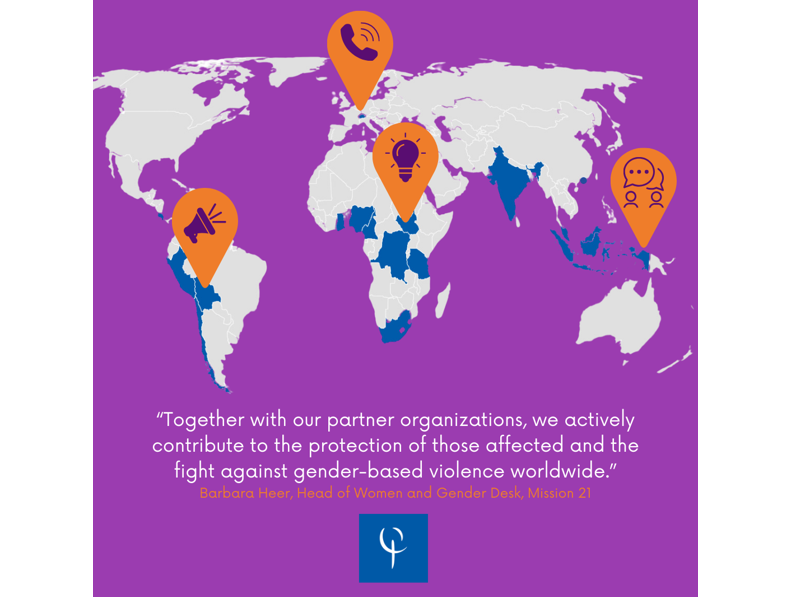Only a few years after the independence of Christian South Sudan from the Muslim north, the peace was over: Since 2013, a bloody, power-politically charged civil war has been raging in the world's youngest state. Ethnic groups are instrumentalized and incited against each other. The church is the only institution that still enjoys the trust of the population and unites the different ethnic groups.
This potential of the church as a peacemaker was the focus of the June 22 event at the Mission House. In the South Sudan Federation of Churches, the churches of the country have united ecumenically and developed the Action Plan for Peace. This promotes peace through advocacy and capacity-building measures at various levels, in addition to reconciliation and trauma work, and brings the hostile ethnic groups back together.
Full rows of seats
The action plan is considered promising and is also supported by major international players. But the situation is precarious. It is impossible to put a precise figure on how many lives have been lost in the conflict so far; it is probably more than 300,000. A further 3.6 million people are on the run. In such a context, the word "peace" can only be used with caution. This was also emphasized by Heidi Zingg Knöpfli from Mission 21, who was the moderator for the evening: "After the next two hours, we won't know the solution, but hopefully we will know a little more.
There was great interest in the event, and additional chairs were set up at the last minute. A good 40 interested people, supporters and mission staff came to listen to the prominent speakers. Ruedi Küng started with an outline of the history and development of the conflict. The former editor for international politics at Swiss television and radio SRF as well as delegate of the International Committee of the Red Cross reports today with his own website "InfoAfrica.ch" unbiased about Africa.
Economic interests as obstacles to peace
Ferdinand von Habsburg-Lothringen is Senior Advisor for the Peace and Reconciliation Work of the Federation of South Sudanese Churches, employed by the Swiss Federal Department of Foreign Affairs (DFA). He has worked in the South Sudanese context and in conflict and post-conflict countries for 22 years (including nine years with the UN). At the beginning of his presentation, the native Swiss apologized for his poor language skills: "I've been abroad for so long that my German is really very weak."
And yet the speaker found the right words - and they impressed with great commitment, a deep knowledge of the conflict and the obvious closeness to the local population: "I am married to a South Sudanese woman, we have four children. This allows me to experience at first hand what it means to belong to a certain ethnic group, even in everyday life."
A wounded people seeks peace
He sees one of the biggest challenges in the multiple war traumas of the population: "Every single person in South Sudan has so many injuries, mental or physical. That makes it extremely difficult to find a peaceful consensus." Politically, he says, the economic interests of different actors in oil-rich South Sudan are one of the biggest hurdles to peace.
The last to speak was South Sudanese Peter Gai Lual Marrow, an important figure in the peace process: as moderator of the Presbyterian Church in South Sudan and chairman of the South Sudan Federation of Churches, he played a crucial role in the 2015 peace agreement, emphasizing the importance of international solidarity. Although he has an enormous burden to carry as moderator of South Sudan's third largest church, it is words without rancor that he addressed the audience.
And yet he made it clear how great the need for action is and how important every support is: "In South Sudan, people need your prayers now, but also food, because the famine is bad." He said that these words were not only meant as an appeal for donations, but also as an expression of gratitude: "Many of the people gathered here are already doing something for peace in South Sudan. That means a lot."
Text and photos: Mara Wirthlin







